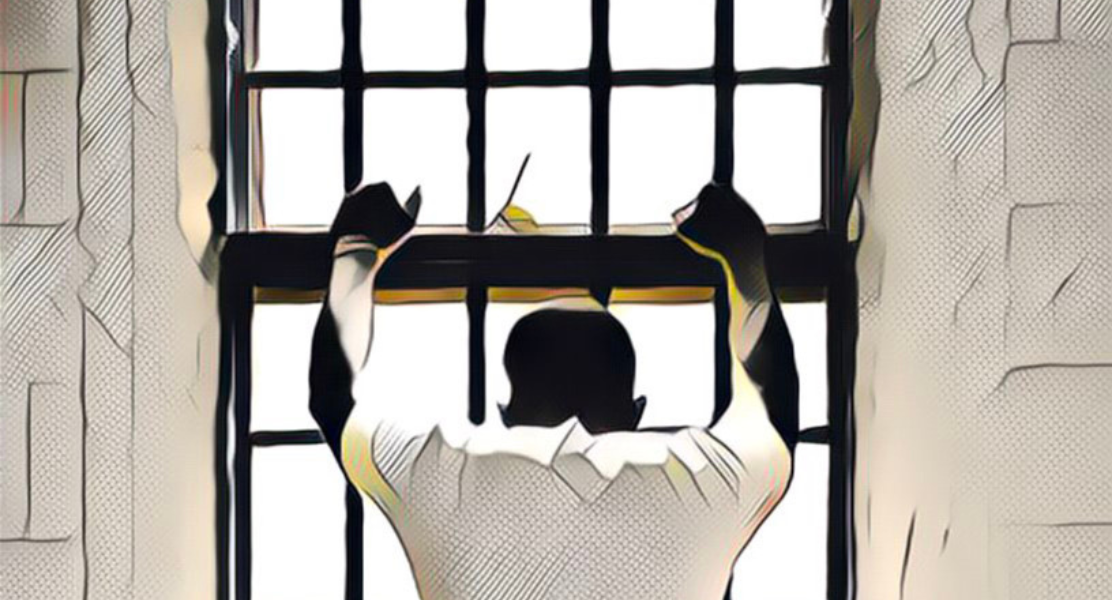In brief to Supreme Court, BJC argues that monetary damages are available under federal religious liberty law for prisoner forcibly shaved

A prisoner forcibly shaved in violation of his religious liberty rights is entitled to monetary damages. That is the legal conclusion of a brief filed with the U.S. Supreme Court in Landor v. Louisiana Dept. of Corrections by BJC and other advocates.
The case involves a devout Rastafarian, Damon Landor, who was held down by Louisiana prison officials while they shaved his dreadlocks. Landor had presented a copy of a court decision to prison officials that upholds the right of Rastafarian inmates to wear dreadlocks, but the officials tossed it in the trash. After his release, Landor sued prison officials under the Religious Land Use and Institutionalized Persons Act (RLUIPA). The dismissal of his case was affirmed by the 5th U.S. Circuit Court of Appeals – the court found Landor’s treatment abhorrent, but it ruled that RLUIPA does not allow claims for damages.
But, at that point, his hair was gone, and he had been released from custody. The claim for damages was his only recourse to that violation of his religious freedom.
As BJC’s brief explains, in a case like this one — in which the harm is already done — damages are the only available relief for the violation of rights he suffered. Here’s an excerpt:
For some prisoners, the burden on religion is the destruction or seizure of religious property.… Thus, damages are crucial when prison guards damage, seize, or destroy a prisoner’s religious book…And damages are the only possible remedy for the assault, battery, and forcible shaving of plaintiff’s head in this case.
RLUIPA was enacted in 2000. The federal law prevents institutions controlled by state and local governments, including prisons and jails, from restricting a person’s religious exercise unnecessarily. RLUIPA closely mirrors the Religious Freedom Restoration Act (RFRA). The brief joined by BJC notes that in a 2020 case, Tanzin v. Tanvir, the Supreme Court held that RFRA allows for damages in certain cases. Because the laws are so closely related, the brief argues, the same logic should apply to the prison protections found in RLUIPA:
Identical phrases in closely related statutes call for identical meanings. Tanzin itself relied on the existence of parallel language in RFRA and [the federal law authorizing suits against federal officials for violation of civil rights] to “confirm[ ]” that the former statute, like the latter, authorizes individual-capacity suits. The Court invoked the principle that when two statutes “use[ ] the same terminology . . . in the very same field of civil rights law, ‘it is reasonable to believe that the terminology bears a consistent meaning.’” RFRA and RLUIPA likewise should have a consistent meaning.
Other organizations joining the brief alongside BJC include groups that do not often see eye-to-eye on Supreme Court cases: the Christian Legal Society, the ACLU, the Alliance Defending Freedom, and the Ethics and Religious Liberty Commission of the Southern Baptist Convention, to name just a few.
Landor v. Louisiana Department of Corrections is set for oral argument on Monday, November 10. BJC’s Respecting Religion podcast, featuring Amanda Tyler and Holly Hollman, will preview the case in its season premiere on Thursday, October 16.




